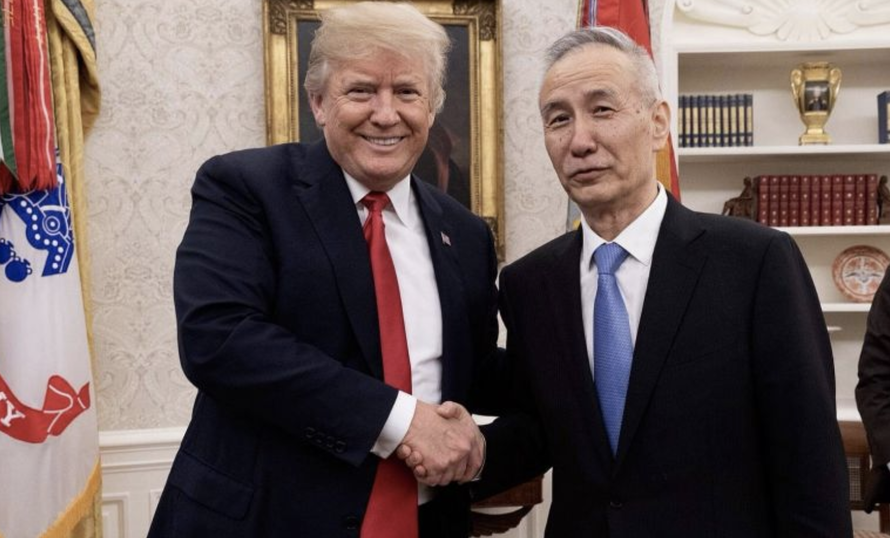After a week of trade headlines that has been dominated by President Trump’s insistence that talks are seeing “their most significant progress yet” and that the US has been pressing Beijing to commit to keeping the yuan “stable” to preclude any tariff-offsetting devaluations, the progress on a “memorandums of understanding” has emerged as a primary point of interest for Wall Street.
But amid conflicting reports about Beijing’s willingness to bend to US demands about its currency (on Thursday morning, the PBOC affirmed that they would keep the yuan “basically stable”), Bloomberg reported late Wednesday evening that the two sides are actually working on multiple MoUs that could cover agriculture, non-tariff barriers, services, technology transfer and IP. While the details are still unclear, it’s believed that the agreements would include an “enforcement mechanism” that would lead to tariffs automatically being reimposed should China violate the agreement. It is worth reminding that a MoU tends to not be worth the paper it is printed on absent a separate broader deal, which is still sorely lacking.
Reuters reported that the two sides were working on “six broad agreements that aim to resolve the most contentious issues in their seven-month trade war,” as well as a “10-item list of shorter-term measures, largely purchases of commodities and other goods.”
Meanwhile, don’t expect more than MoUs as BBG reiterated that no breakthrough is expected during this week’s talks, which are focusing on major structural issues. But both sides are discussing an extension of the March 1 deadline. Whatever happens, Liu He, China’s chief negotiator, is expected to meet again with President Trump on Friday.
In response to the US’s demands that the agreement focus on “fair and reciprocal” trade, China has repeatedly offered to increase purchases of agricultural and energy products to shrink the deficit, and has already resumed imports of some agricultural products.
However, the main sticking point, according to Bloomberg, technology transfers and protection for US intellectual property have been two of the most contentious topics, with the US accusing China of stealing US R&D from US companies, while forcing firms to hand over their IP to access the Chinese market. Beijing has reportedly bristled at the US’s characterization of these policies as institutionalized “stealing” of US technology. Still, while China denies that it carries out systematic cyberespionage and denies that it requires companies to hand over IP, Beijing has also started debating a law to make that illegal. The US is also taking aim at “China 2025” and other government initiatives that offer subsidies to domestic firms, which the US sees as unfair non-tariff barriers.
Access to Chinese markets for US services companies like Mastercard and Visa is another contentious issue that is currently being discussed. It’s just another sign that, while China has promised to treat all firms fairly, there are still vast sectors of the economy, generally those which are controlled by China’s giant SOEs, that remain off-limits.
via ZeroHedge News https://ift.tt/2Vh8FiP Tyler Durden
